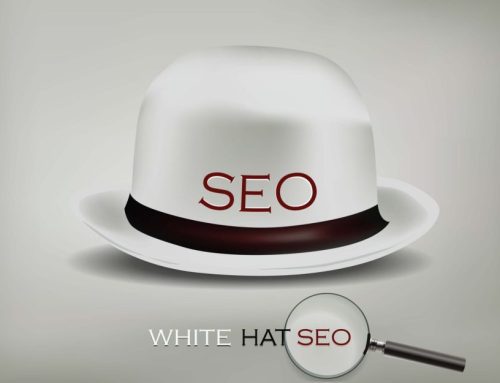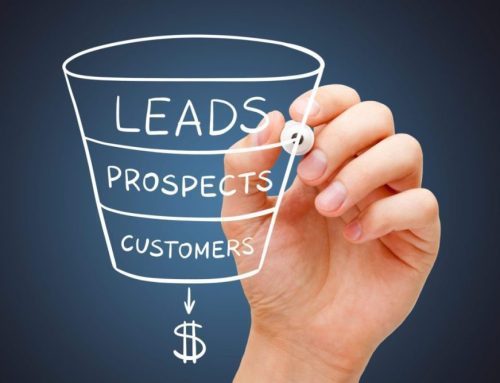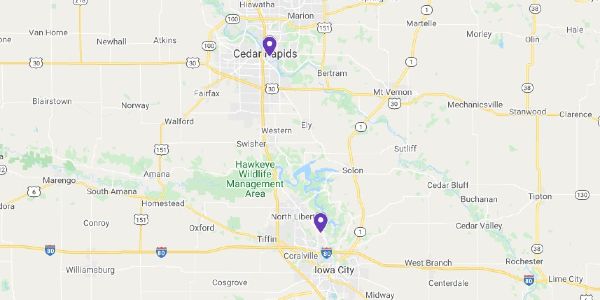What is SEO?
SEO, or Search Engine Optimization, is a strategy to increase a website’s ranking on Google’s search engine results page for specific and relevant keywords.
Keywords are search terms that users enter into Google to find what they are looking for. They also define the topics of online website content. Google uses keywordsto match users to the specific articles, blogs, websites, and businesses that they are searching for.
In SEO, the marketing team finds relevant, high-quality keywords for their business and makes content that matches those keywords.
Content creation is a key aspect of SEO.
Businesses create content to answer questions, provide resources, inform users, and in some cases, engage and entertain audiences. Content is useful to fulfill keywords, increase brand awareness, and build trust between the business and its audience.
SEO can be classified into three main categories:
On-page, off-page, and technical.
Think of on-page SEO as optimizing elements on a webpage.
This includes webpage content, like blog posts, titles, descriptions, images, links, and URLs.
Off-page SEO covers efforts that happen outside of the webpage. Some examples include link building, brand mentions, influencer marketing, and social media marketing.
Technical SEO includes all of the technical aspects of improving a website. Parts of technical SEO can fall into on or off-page SEO as well. Some examples are site speed, indexing, schema makeup, and site structure.
Why It’s Necessary for Your Business
SEO is important because it increases the visibility of your business to your target audience. It is a valuable tool for brand awareness, and getting leads to your website, ultimately leading to increased conversions.
The top results on the SERPs (search engine results pages) receive the highest click-through rates. The top three results receive more than half of all clicks.
In short, the better your SEO strategy is, the higher you will rank. The higher you rank, the more clicks and leads you will receive. The more leads you receive, the more chances there are for conversions.
Also, SEO is an organic ranking tool, meaning you can’t pay for a higher ranking. PPC ads, or pay-per-click ads, are often supplemented with an SEO strategy, to maximize the reach and visibility of a website.
The question of whether to pursue a PPC strategy vs an SEO strategyis a difficult one to answer. Since the top organic search results receive 19x more clicks than the top paid search results, a developed and successful SEO strategy can yield better, less expensive results in the long run.
If you are thinking about making SEO a bigger part of your marketing strategy, give Vortex Digital a call at 319.621.0191 for a free, no-obligation, consultation today!







